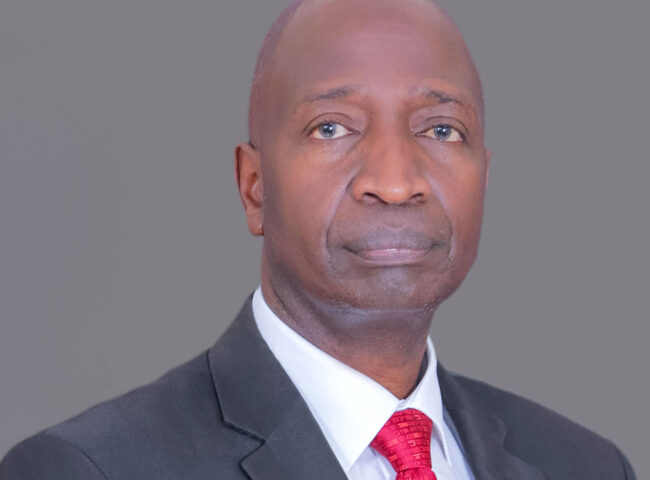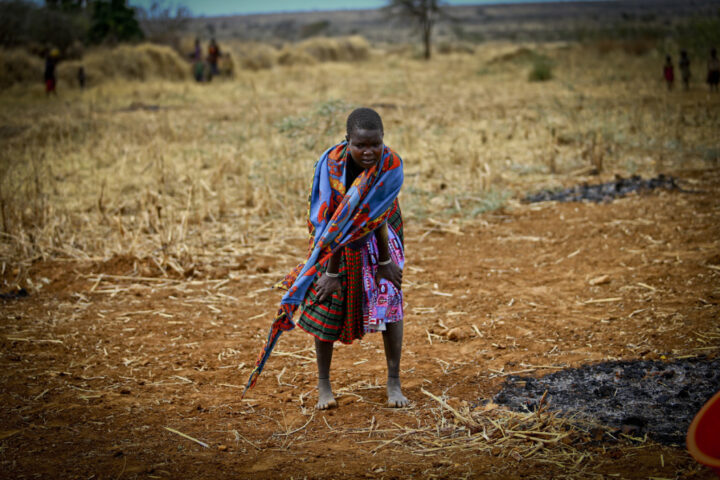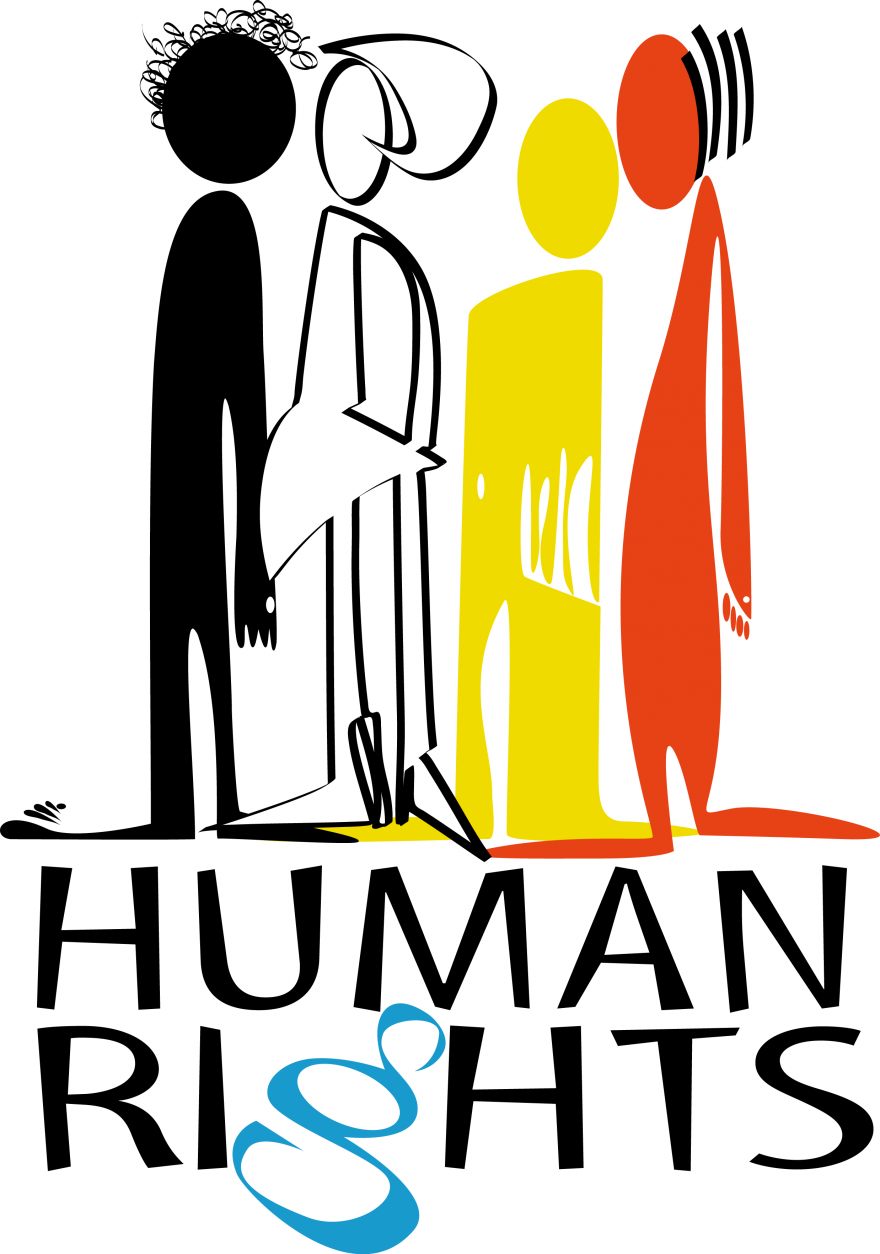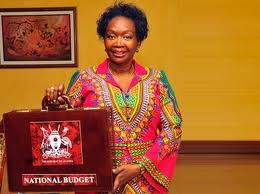Captured in the rear view mirror of the present problems independent media is facing is the delicate moment that Uganda’s oil industry is at. A midstream bill is due for assent before the President even as word waxing in suggests that some announcement on a memorandum ( an agreement) on production is eminent after weeks of negotiations between the government and the joint venture partners ( CNOOC, Total and Tullow).
In Kampala starting tomorrow will commence another extractives sector conference on both petroleum and mining- that is likely to get cursory treatment only given the subject matter and the atrophying of the “other media”.
The temporary dearth of news on the extractives is bad enough. Since transparency is essential to the extractives sector overall as perhaps the most significant technology to guarantee fair outcomes a random media shut down sends the worst signal for what could happen down the road.
 One of the debates of the last month spearheaded by an association of oil sector service providers, a private sector lobby for “local content” was on the so-called 48% provision in the upstream bill under article 125
One of the debates of the last month spearheaded by an association of oil sector service providers, a private sector lobby for “local content” was on the so-called 48% provision in the upstream bill under article 125
” 125. Provision of goods and services by Uganda entrepreneurs.
(1) The licensee, its contractors and subcontractors shall give preference to goods which are produced or available in Uganda and services which are rendered by Ugandan citizens and companies.
Petroleum (Exploration, Development and Act 3 Production) Act 2013
(2) Where the goods and services required by the contactor or licensee are not available in Uganda, they shall be provided by a company which has entered into a joint venture with a Ugandan company provided that the Ugandan company has a share capital of at least forty eight percent in the joint venture”.
There has been some debate on whether the 48% required was realistic. Some of the interpretation has been literal. Tullow’s Uganda boss, Elly Karuhanga is quoted here as saying ” “Tullow is a twenty billion dollarcompany so if you say 48 % of Tullow must be owned by Ugandans, are you saying that Ugandans bring 10 billion dollars and Tullow shareholders should sell to Ugandans by force, by law? Is that realistic?”
THE BILL Petroleum (EDP) Act 2013
Well here are my two cents.
It is unclear ( at least to me) how the 48 per cent was arrived at. Some countries have higher or lower percentiles for local participation.
However 48 per cent is almost half of the business; slightly under 50 per cent. The logic of this provision is that Ugandans are entitled to half of the opportunities for providing services within the oil sector over the long run.
This provision infers both equity and equality in regards to Ugandan ownership. Equity in the sense that the oil is inherently a Ugandan national asset to which all citizens are co-owners. So even if the asset is commercialized with foreign investment 48% stands for the domestic ownership of the asset. It jives with the goal of indigenization of the sector through commercializing with a refinery from the get-go.
Equality as a goal is more problematic and political.
While the law has prescribed 48%, access to the business for Ugandans is likely skewed to those who have money to invest.
Uganda’s private sector is largely a state-based class that thrives on a system of political patronage. It started in 1990s when the Government undertook a policy of neo-liberal reforms that included liberalization, privatization and decentralization. Many who acquired government assets were politically connected while foreign firms that partook of the liberalization of the economy were over-represented by Asian run businesses. Decades later it is this class, the state-based business elites that stand to gobble the 48% indigenization clauses in the upstream bill. Its also a class with access to political power.
Indeed no thorough review of privatization has been conducted and the only report of the Ministry responsible for it has been unofficially sealed.
This presents a potentially difficult situation since the nature of Ugandan politics today suggests that state patronage and corruption are both ethnic-ized. While balanced through official appointments the impression within the public debate is still that the political question most pressing, certainly in the oil sector, is “sharing of the national cake”.
To avoid a backlash that view that a few connected individuals, families or ethnic groups with a so-called “advantage” over the rest are benefitting more the best path is to “democratize” access to the 48% by offering the opportunities through the Uganda Securities Exchange.
A model to turn that equity into shares that can be acquired by ordinary Ugandans is the best way forward. Companies intending to acquire Ugandan shareholding in order to qualify under article 125 should be compelled to fulfil that obligation through a listing on the stock exchange. This should give proper meaning to national ownership, indigenization and local content. That’s my considered view
This debate on the 48% mirrors another “resource sharing” one in the downstream or revenue sharing bill which is part of the omnibus proposed Public Finance Bill (PFB). Within the bill are proposals for the sharing of revenues between the central government and local ones- including cultural institutions.
The exact criteria for apportioning revenues has like the 48% not been fully debated and it aught to if of course one can get to it within the fog of confrontations between the state and the media currently underway.










